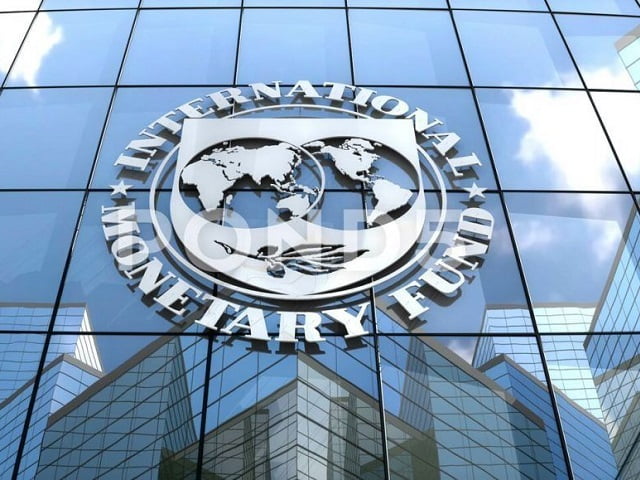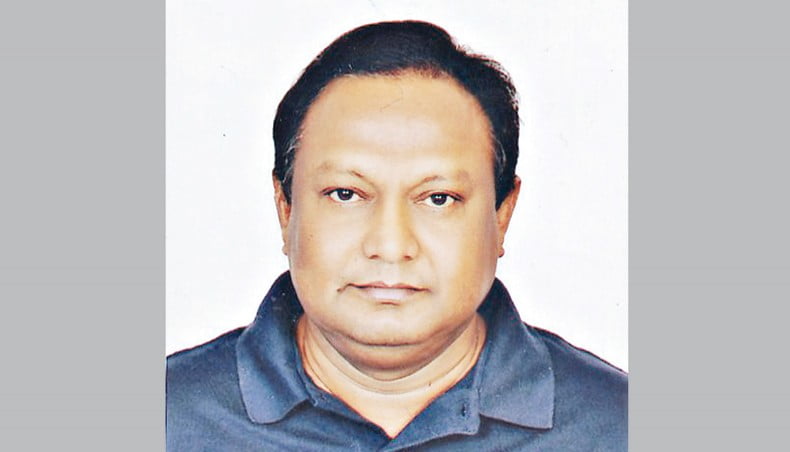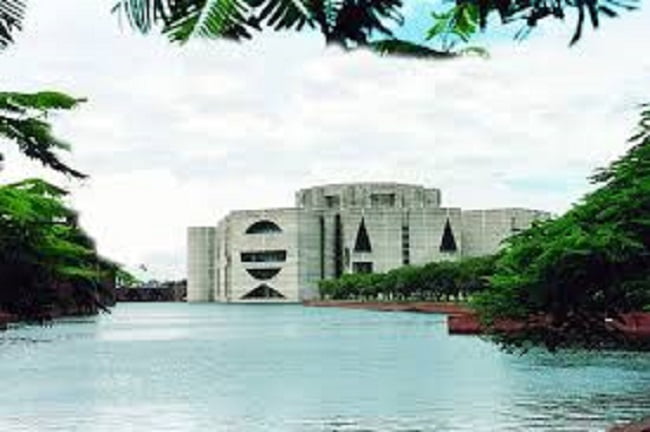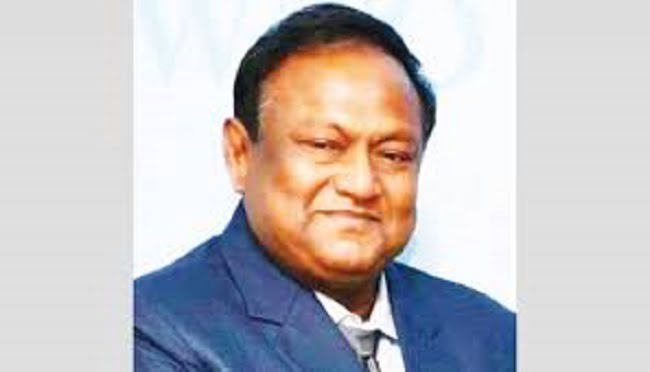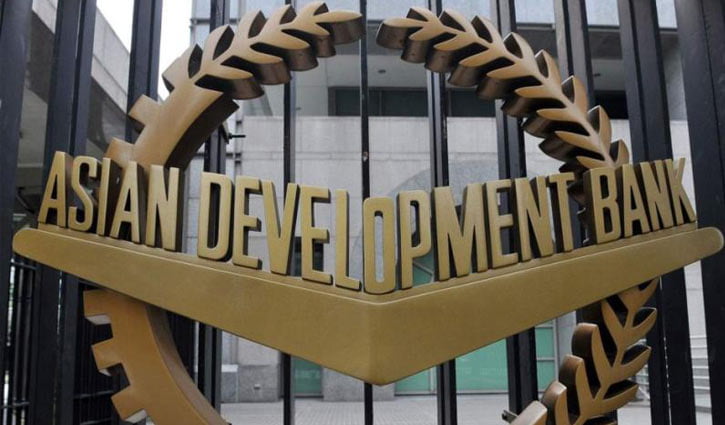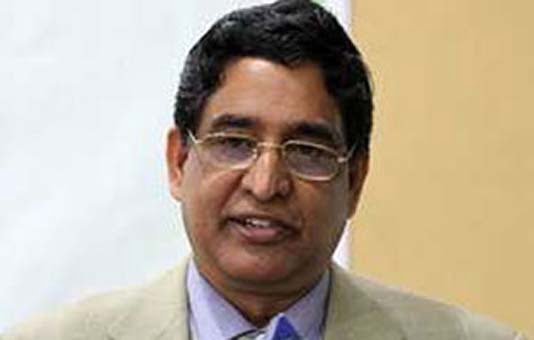Economists point out challenges, voice concerns over future

Despite Bangladesh’s steady GDP growth in the last decade, eminent economists have voiced concerns over the future of the economy.
Economists cited some sectors as serious challenges to the government, such as the current situation of the stock market, revenue collection, private investment and employment. All of these indicators are lagging behind the GDP growth.
They also identified the imbalance between the government’s income and expenditure, ineffectiveness of regulatory bodies and income inequality as major challenges.
The views were expressed at a seminar titled “Bangladesher Orthoniti Kemon Cholchhe” (How is Bangladesh’s economy faring?) held at a city hotel on Sunday.
Finance Minister AHM Mustafa Kamal was present at the programme as chief guest.
Speaking as the special guest, former governor of Bangladesh Bank Dr Salehuddin Ahmed said, “We admit that Bangladesh’s economy has done well in the last 10 years. But we are concerned about the sustainability of this economic growth, and how well it will fare in the future.
“Compared to the GDP growth, the other indicators are not moving forward as they should. There is an imbalance between income and expenditure. Income inequality increased in 2018 compared to that of 2010. This issue is creating an imbalance in the economy.”
Further discussing his point, the former governor said, “The greatest challenge Bangladesh’s economy faces is the ineffectiveness of regulatory bodies. Our financial institutions are growing weaker day by day.
“These institutions suffer a myriad of issues such as the lack of skilled and capable personnel and corruption.”
Criticising the government’s decision to cap the banks’ interest rates at 9 and 6 percent, Dr Salehuddin Ahmed said, “The interest rates could have been capped under a flexible limit, such as from 9 percent to 12-13 percent or 6 percent to 9 percent.
“The decision to cap loan and deposit interest rates is not a realistic decision. A free market economy cannot run like this.”
Bangladesh Institute of Development Studies’ Senior Research Fellow Dr Nazneen Ahmed said, “It will be difficult for small entrepreneurs, especially women, to secure loans as the interest rate for bank loans has been set at 9 percent.
“Because of the low interest rate, larger entrepreneurs will take out most of the loan disbursements slated for the SME sector.”
Dr Nazneen added that only women entrepreneurs used to get loans at single-digit interest rates, but now they will have to compete with everyone else.
Addressing the event, Executive Director of the Policy Research Institute of Bangladesh, Dr Ahsan H Mansur said, “I am concerned regarding the sustainability of our economic growth because of Bangladesh’s poor tax-GDP ratio.
“As per our sixth five-year plan, the target was to increase our tax-GDP ratio to 15 percent. But instead of going up, the ratio has dropped below 9 percent. India and China’s tax-GDP ratio is 18 percent and 30 percent respectively, according to the latest data.”
Adding that Bangladesh’s banking sector has default loans reaching 23-24 percent, Dr Ahsan H Mansur said, “If the default loans are brought under control, there will be no need to fix the interest rates forcibly. It will go down naturally.
“The interest rates should be left on the market, it should not be capped forcibly.”
Distinguished Fellow of the Centre for Policy Dialogue, Professor Mustafizur Rahman termed the country’s poor performance in private investment and employment compared to the GDP growth a challenge.
“We need 11 percent growth to achieve the status of a developed country in 2041. I think it is achievable. However, an investment-to-GDP ratio of 44 percent is not possible to achieve by this deadline,” he said.
Rakibur Rahman, one of the directors of Dhaka Stock Exchange (DSE) said the stock market has been lagging behind every other indicators in Bangladesh economy.
He continued, “Banks are one of the major stockholders of the stock market, but the banking sector has been witnessing a decline due to corruption. A section of bank owners have embezzled stock market investors’ funds and put the market into a fragile state.”
Addressing the seminar, Ahsan Group’s Chairman Morshed Ahsan, Meghna Group’s Chairman Mostafa Kamal and former president of Federation of Bangladesh Chambers of Commerce & Industries (FBCCI) Mir Nasir Uddin discussed some hurdles against private investment.
In response, Finance Minister AHM Mustafa Kamal said, “We have made progress in various macroeconomic sectors in the last 10 years, such as growth, employment and poverty alleviation. We are also giving the private sector incentives with the aim to increase employment.”
Discussing the cap on interest rates and default loans, the minister said, “Our default loans are a bit high, but many other countries suffer from the same issue. High interest rates are one of the reasons behind our entrepreneurs becoming loan defaulters.
“This issue is also disrupting investments.”
He added, “The interest rates have been fixed at 9 and 6 percent to tackle the existing challenges. Investors will not be able to use the excuse of a high interest rate. The banks have also been given directives to help them recover bad loans.”
Commenting on the employment issue, Mustafa Kamal said, “There are many countries in the world where the manufacturing sector does not make a large contribution to employment. But those countries have some of the strongest economies across the globe.
“They have other sectors for employment. We are also taking special measures to create employments for 2-3 crore people. We are making a serious effort to increase employment. We are providing incentives to every sector that needs it.”
Discussing the stock market, the minister said, “A lot of people are involved with the stock market, so the government takes it quite seriously. The government will provide all supports to the stock market so that it can move forward with the same pace as other indicators of the economy.”
Executive director of the Centre for Policy Dialogue (CPD), Dr Fahmida Khatun said, “Bangladesh suffers from a lack of good governance. If we can ensure good governance with the help of the government, we will be able to improve the condition of the banking sector.
“The benefits of GDP growth must be inclusive.”
At the seminar, FBCCI President Sheikh Fazle Fahim and Bangladesh Bank Executive Director Dr Habibur Rahman answered complaints and questions of business leaders and managing directors of different banks.
Consumers Association of Bangladesh’s President Golam Rahman and Association of Bankers, Bangladesh former chairman Nurul Amin, The Daily Observer’s Editor Iqbal Sobhan Chowdhury and DBC Television’s Chairman Monjurul Islam spoke at the event among many others.




